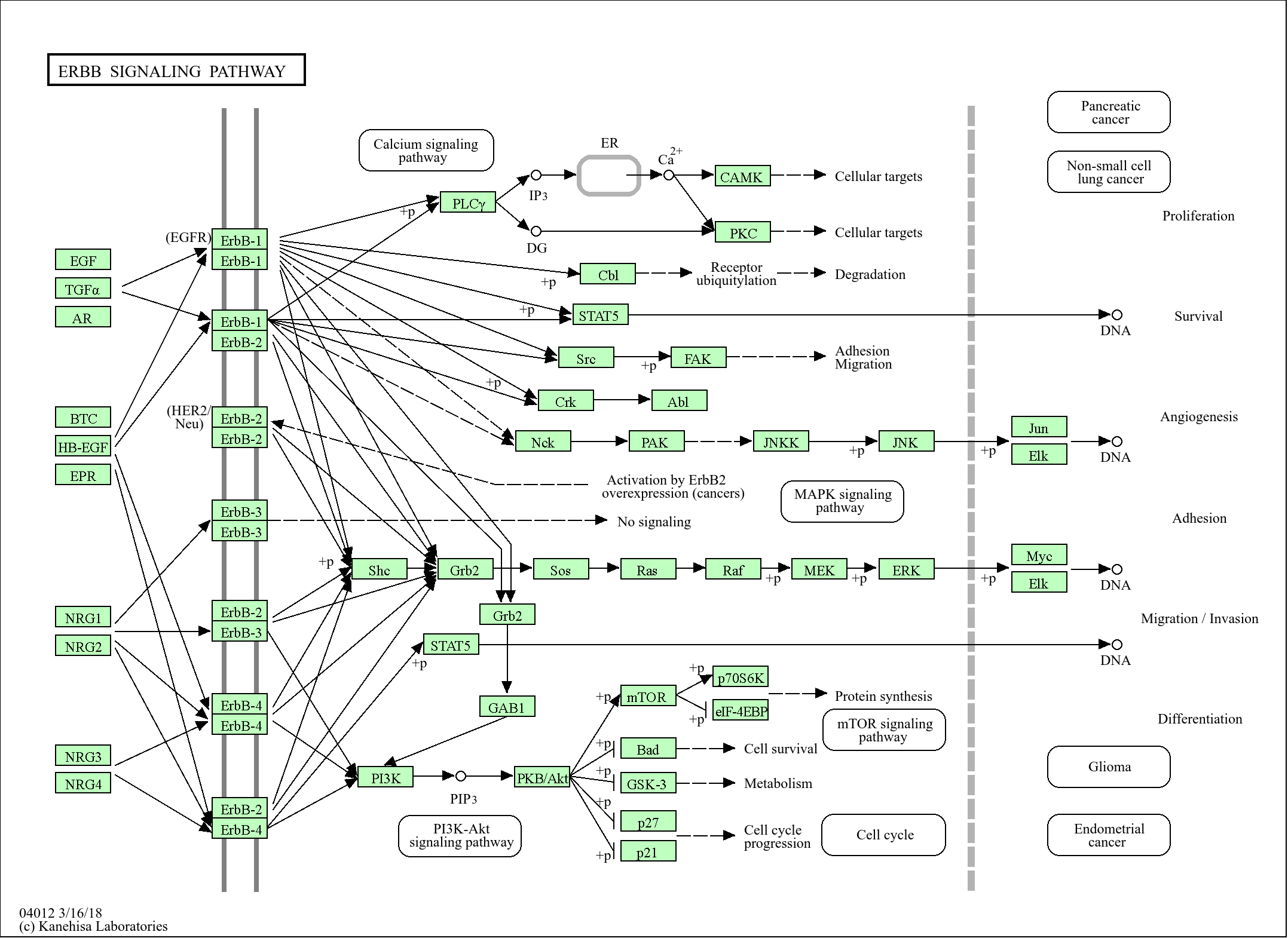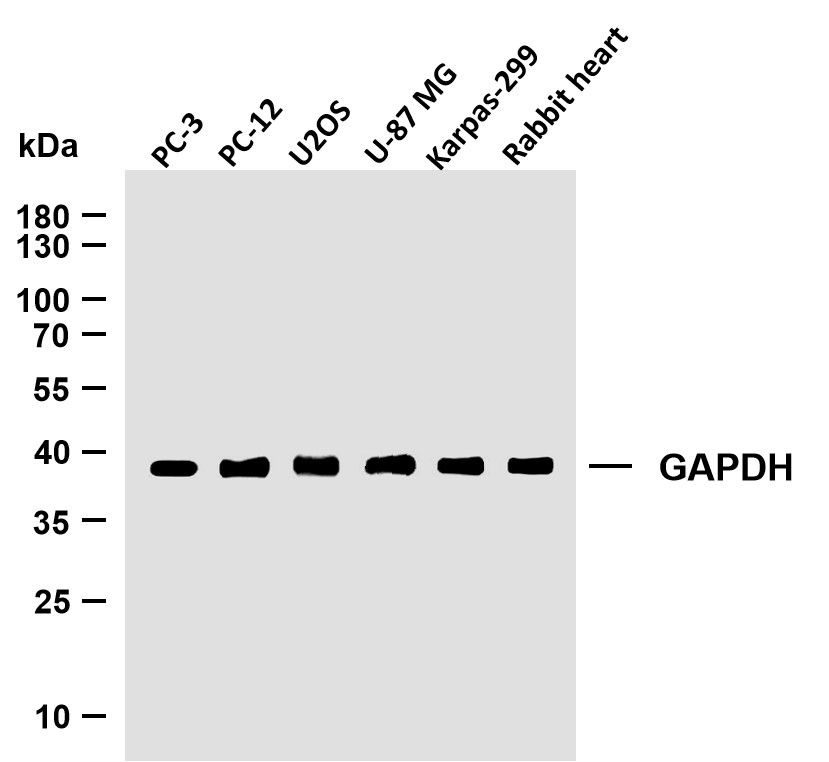
Catalog: YK0061
Size
Price
Status
Qty.
200μL
$600.00
In stock
0
100μL
$340.00
In stock
0
50μL
$190.00
In stock
0
Add to cart


Collected


Collect
Main Information
Target
HSP70
Host Species
Rabbit
Reactivity
Human, Rat, Mouse,
Applications
WB, ELISA
MW
70kD (Observed)
Conjugate/Modification
Acetyl
Detailed Information
Recommended Dilution Ratio
WB 1:500-1:2000; ELISA 1:10000; Not yet tested in other applications.
Formulation
Liquid in PBS containing 50% glycerol, 0.5% BSA and 0.02% sodium azide.
Specificity
Acetyl-HSP70 (K246) Polyclonal Antibody detects endogenous levels of HSP70 protein only when acetylation at K246.The name of modified sites may be influenced by many factors, such as species (the modified site was not originally found in human samples) and the change of protein sequence (the previous protein sequence is incomplete, and the protein sequence may be prolonged with the development of protein sequencing technology). When naming, we will use the "numbers" in historical reference to keep the sites consistent with the reports. The antibody binds to the following modification sequence (lowercase letters are modification sites):EFkRK
Purification
The antibody was affinity-purified from rabbit antiserum by affinity-chromatography using epitope-specific immunogen.
Storage
-15°C to -25°C/1 year(Do not lower than -25°C)
Concentration
1 mg/ml
MW(Observed)
70kD
Modification
Acetyl
Clonality
Polyclonal
Isotype
IgG
Related Products
Antigen&Target Information
Immunogen:
Synthesized acetyl-peptide derived from the Internal region of human HSP70 around the acetylation site of K246.
show all
Specificity:
Acetyl-HSP70 (K246) Polyclonal Antibody detects endogenous levels of HSP70 protein only when acetylation at K246.The name of modified sites may be influenced by many factors, such as species (the modified site was not originally found in human samples) and the change of protein sequence (the previous protein sequence is incomplete, and the protein sequence may be prolonged with the development of protein sequencing technology). When naming, we will use the "numbers" in historical reference to keep the sites consistent with the reports. The antibody binds to the following modification sequence (lowercase letters are modification sites):EFkRK
show all
Gene Name:
HSPA1A
show all
Protein Name:
Heat shock 70 kDa protein 1A/1B
show all
Other Name:
HSPA1A ;
HSPA1 ;
HSPA1B ;
Heat shock 70 kDa protein 1A/1B ;
Heat shock 70 kDa protein 1/2 ;
HSP70-1/HSP70-2 ;
HSP70.1/HSP70.2
HSPA1 ;
HSPA1B ;
Heat shock 70 kDa protein 1A/1B ;
Heat shock 70 kDa protein 1/2 ;
HSP70-1/HSP70-2 ;
HSP70.1/HSP70.2
show all
Background:
This intronless gene encodes a 70kDa heat shock protein which is a member of the heat shock protein 70 family. In conjuction with other heat shock proteins, this protein stabilizes existing proteins against aggregation and mediates the folding of newly translated proteins in the cytosol and in organelles. It is also involved in the ubiquitin-proteasome pathway through interaction with the AU-rich element RNA-binding protein 1. The gene is located in the major histocompatibility complex class III region, in a cluster with two closely related genes which encode similar proteins. [provided by RefSeq, Jul 2008],
show all
Function:
Function:In cooperation with other chaperones, Hsp70s stabilize preexistent proteins against aggregation and mediate the folding of newly translated polypeptides in the cytosol as well as within organelles. These chaperones participate in all these processes through their ability to recognize nonnative conformations of other proteins. They bind extended peptide segments with a net hydrophobic character exposed by polypeptides during translation and membrane translocation, or following stress-induced damage. In case of rotavirus A infection, serves as a post-attachment receptor for the virus to facilitate entry into the cell.,induction:By heat shock.,similarity:Belongs to the heat shock protein 70 family.,subunit:HSPA1B is found in a sperm-specific complex with CATSPER1 and CATSPERB (By similarity). Interacts with TSC2. Interacts with IRAK1BP1.,tissue specificity:HSPA1B is testis-specific.,
show all
Cellular Localization:
Cytoplasm . Nucleus . Cytoplasm, cytoskeleton, microtubule organizing center, centrosome . Secreted . Localized in cytoplasmic mRNP granules containing untranslated mRNAs.
show all
Tissue Expression:
Brain,Cajal-Retzius cell,Embryonic kidney,Epithelium,Fetal
show all
Research Areas:
>>Spliceosome ;
>>MAPK signaling pathway ;
>>Protein processing in endoplasmic reticulum ;
>>Endocytosis ;
>>Longevity regulating pathway - multiple species ;
>>Antigen processing and presentation ;
>>Estrogen signaling pathway ;
>>Prion disease ;
>>Legionellosis ;
>>Toxoplasmosis ;
>>Measles ;
>>Lipid and atherosclerosis
>>MAPK signaling pathway ;
>>Protein processing in endoplasmic reticulum ;
>>Endocytosis ;
>>Longevity regulating pathway - multiple species ;
>>Antigen processing and presentation ;
>>Estrogen signaling pathway ;
>>Prion disease ;
>>Legionellosis ;
>>Toxoplasmosis ;
>>Measles ;
>>Lipid and atherosclerosis
show all
Signaling Pathway
Organismal Systems >> Immune system >> Antigen processing and presentation
Organismal Systems >> Endocrine system >> Estrogen signaling pathway
Organismal Systems >> Aging >> Longevity regulating pathway - multiple species
Human Diseases >> Neurodegenerative disease >> Prion disease
Environmental Information Processing >> Signal transduction >> MAPK signaling pathway
Genetic Information Processing >> Folding, sorting and degradation >> Protein processing in endoplasmic reticulum
Reference Citation({{totalcount}})
Catalog: YK0061
Size
Price
Status
Qty.
200μL
$600.00
In stock
0
100μL
$340.00
In stock
0
50μL
$190.00
In stock
0
Add to cart


Collected


Collect
Recently Viewed Products
Clear allPRODUCTS
CUSTOMIZED
ABOUT US
Toggle night Mode
{{pinfoXq.title || ''}}
Catalog: {{pinfoXq.catalog || ''}}
Filter:
All
{{item.name}}
{{pinfo.title}}
-{{pinfo.catalog}}
Main Information
Target
{{pinfo.target}}
Reactivity
{{pinfo.react}}
Applications
{{pinfo.applicat}}
Conjugate/Modification
{{pinfo.coupling}}/{{pinfo.modific}}
MW (kDa)
{{pinfo.mwcalc}}
Host Species
{{pinfo.hostspec}}
Isotype
{{pinfo.isotype}}
Product {{index}}/{{pcount}}
Prev
Next
{{pvTitle}}
Scroll wheel zooms the picture
{{pvDescr}}


















